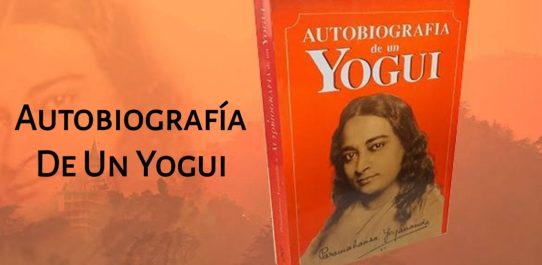Alejandra Pizarnik Poemas PDF Free Download
In the realm of Latin American literature, few figures have left as profound an impact as Alejandra Pizarnik. Her poems, often shrouded in mystery and dripping with profound emotion, have captured the hearts and minds of readers worldwide. In this article, we embark on a journey to unravel the enigmatic world of Alejandra Pizarnik Poemas. From her early life to her poetic style and the enduring legacy she has left behind, we delve deep into the life and works of this literary icon.

I. Introduction: Who is Alejandra Pizarnik?
Alejandra Pizarnik, born on April 29, 1936, in Buenos Aires, Argentina, was a renowned Argentine poet and writer. Her life was a tumultuous one, marked by profound struggles with mental health, which often found expression in her hauntingly beautiful poems. Pizarnik’s work is characterized by its introspective nature and a relentless quest for self-discovery.
II. Early Life and Influences
Pizarnik’s early life was shaped by a confluence of influences, both personal and literary. Her family’s background in Eastern Europe, her Jewish heritage, and her exposure to the works of French symbolists like Baudelaire and Rimbaud all played pivotal roles in molding her artistic sensibilities.
III. The Poetic Style of Alejandra Pizarnik
Pizarnik’s poetry defies easy categorization. It is an intricate dance between surrealism and confessionalism. Her verses often explore themes of isolation, identity, and the human condition. Her use of vivid imagery and symbolism creates an immersive experience for readers, drawing them into her inner world.
A. Surrealistic Elements
Pizarnik’s poems frequently venture into the realm of the surreal. She employs dreamlike imagery and juxtapositions to convey complex emotions and ideas. Her poems are like intricate labyrinths, inviting readers to explore the depths of the human psyche.
Also Read This : Rip Van Winkle
B. Confessional Poetry
While her work is undeniably surreal, it is also deeply confessional. Pizarnik lays bare her innermost thoughts and struggles with an unflinching honesty. Her poems serve as a form of catharsis, allowing her to confront her demons on the page.
IV. Notable Works
Several of Pizarnik’s works have left an indelible mark on the world of literature. Some of her most notable collections include “Los trabajos y las noches” (1965), “Extracción de la piedra de la locura” (1968), and “El infierno musical” (1971). These works continue to be celebrated for their emotional depth and lyrical brilliance.
V. Legacy and Influence
Alejandra Pizarnik’s impact on contemporary poetry cannot be overstated. Her exploration of themes such as mental health, identity, and the human psyche paved the way for future generations of poets to tackle these subjects with greater openness and vulnerability. Her legacy endures through the countless writers who continue to draw inspiration from her work.
VI. Conclusion
In the ethereal verses of Alejandra Pizarnik Poemas, we find a reflection of the human soul’s deepest mysteries. Her ability to weave words into tapestries of emotion and meaning is a testament to her enduring brilliance. As we journey through her poems, we glimpse the inner workings of a poetic genius who dared to confront the profound complexities of existence.
VII. Frequently Asked Questions
Que: What language did Alejandra Pizarnik primarily write in?
Ans: Alejandra Pizarnik primarily wrote in Spanish, her native language.
Que: What are some common themes in Pizarnik’s poetry?
Ans: Common themes in Pizarnik’s poetry include isolation, identity, mental health, and the surreal nature of existence.
Que: Where can I find translations of Alejandra Pizarnik’s poems in English?
Ans: Translations of Pizarnik’s poems in English can be found in various anthologies and collections of Latin American poetry.
Click Here To Download PDF For Free








